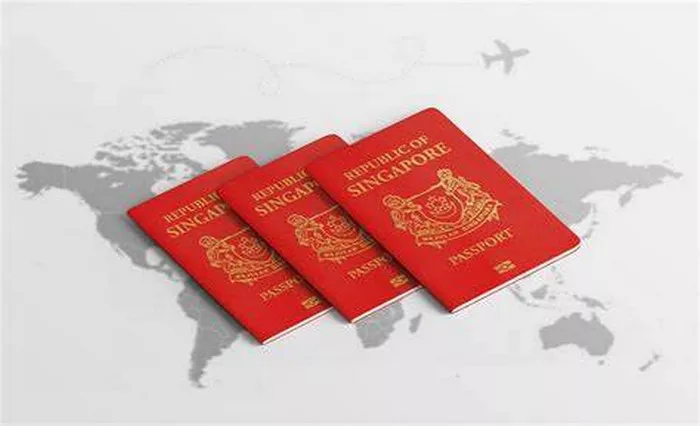Singapore, renowned for its efficient governance, economic prosperity, and multicultural society, attracts individuals from diverse backgrounds seeking opportunities and stability. One common query among those considering relocation or citizenship in Singapore is whether the country allows dual citizenship. This article explores the nuances of citizenship laws in Singapore, the concept of dual nationality, and the implications for individuals seeking to hold citizenship in multiple countries.
Understanding Singaporean Citizenship Laws
Singaporean citizenship laws are governed primarily by the Constitution of Singapore and the Singaporean Nationality Act. These laws outline the criteria for acquiring, maintaining, and renouncing citizenship in the city-state.
Acquisition of Singaporean Citizenship
Singapore recognizes several avenues through which an individual can acquire citizenship:
Birth: Individuals born in Singapore to at least one Singaporean citizen parent automatically acquire Singaporean citizenship.
Descent: Children born outside Singapore to a Singaporean citizen parent may be eligible for citizenship by descent, subject to registration and other specified conditions.
Naturalization: Foreigners who have resided in Singapore as permanent residents for a specified period and meet other criteria, such as demonstrating proficiency in a designated language and possessing good character, may apply for citizenship through naturalization.
Renunciation of Citizenship
Singaporean citizens who wish to renounce their citizenship must follow specific procedures outlined by the Immigration and Checkpoints Authority (ICA) of Singapore. Renunciation typically involves submitting an application, completing administrative requirements, and attending an interview. Once renunciation is approved, individuals cease to be Singaporean citizens.
Dual Citizenship in Singapore: A Complex Landscape
Singapore generally does not allow its citizens to hold dual citizenship. The government’s stance on this matter is rooted in its commitment to maintaining national identity, social cohesion, and security.
Implications of Dual Citizenship Restrictions
The restriction on dual citizenship in Singapore carries several implications for individuals:
Legal Obligations: Singaporean citizens are subject to certain legal obligations, including national service (for males), taxation, and adherence to local laws. Holding citizenship in another country may complicate compliance with these obligations.
Travel Restrictions: Dual citizens may face limitations when traveling to countries with which Singapore does not have diplomatic relations or where their other citizenship is not recognized.
National Security Concerns: Permitting dual citizenship could potentially pose challenges for national security, as individuals holding allegiance to multiple countries may have conflicting loyalties or interests.
Exceptions and Considerations
While Singapore generally does not allow dual citizenship, there are some exceptions and considerations:
Children: Children born abroad to Singaporean parents may hold dual citizenship until the age of 21, after which they must decide which citizenship to retain.
Dual Citizenship by Marriage: Foreign spouses of Singaporean citizens may retain their original citizenship even after acquiring Singaporean citizenship through marriage. However, they are still subject to certain legal obligations in Singapore.
Overseas Citizenship of India: Individuals of Indian descent who hold Overseas Citizenship of India (OCI) status may be eligible for certain privileges in Singapore, despite not holding dual citizenship per se.
Navigating Citizenship Matters in Singapore
For individuals navigating citizenship matters in Singapore, it is crucial to understand the legal framework, implications, and exceptions surrounding citizenship acquisition and retention. Consulting with legal experts or immigration professionals can provide clarity and guidance tailored to individual circumstances.
Conclusion
While Singapore offers a plethora of opportunities and benefits to its citizens and residents, the issue of dual citizenship remains a complex and often misunderstood aspect of its legal landscape. With strict regulations in place to maintain national identity and security, individuals contemplating citizenship in Singapore must carefully consider the implications of holding citizenship in multiple countries. By understanding the laws, exceptions, and considerations surrounding citizenship matters, individuals can make informed decisions aligned with their personal and professional aspirations within the confines of Singapore’s legal framework.


